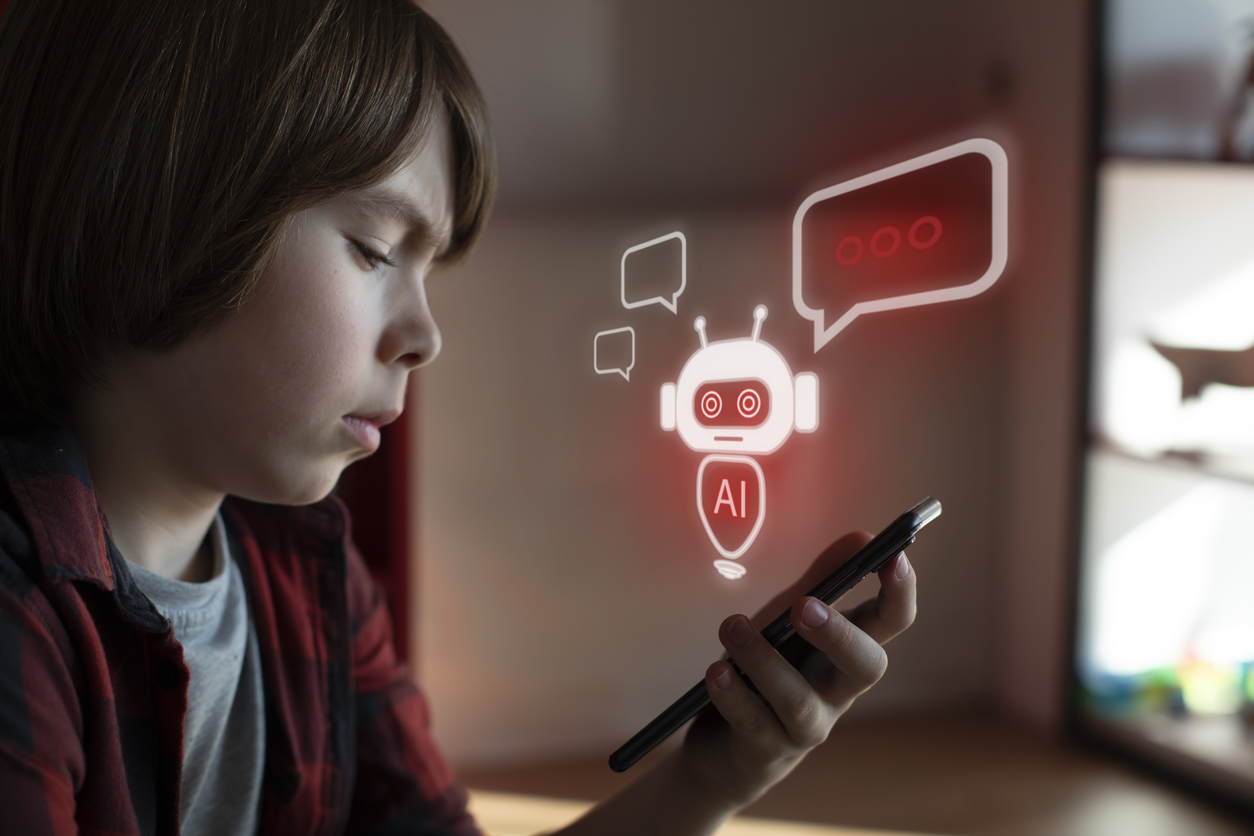Current Projects
Online challenges, often shared through social media platforms, are particularly with young people. This project provides parents and decision-makers – across corporate, government and non-government sectors – with the information they need to support young people to participate in positive and safe online spaces.
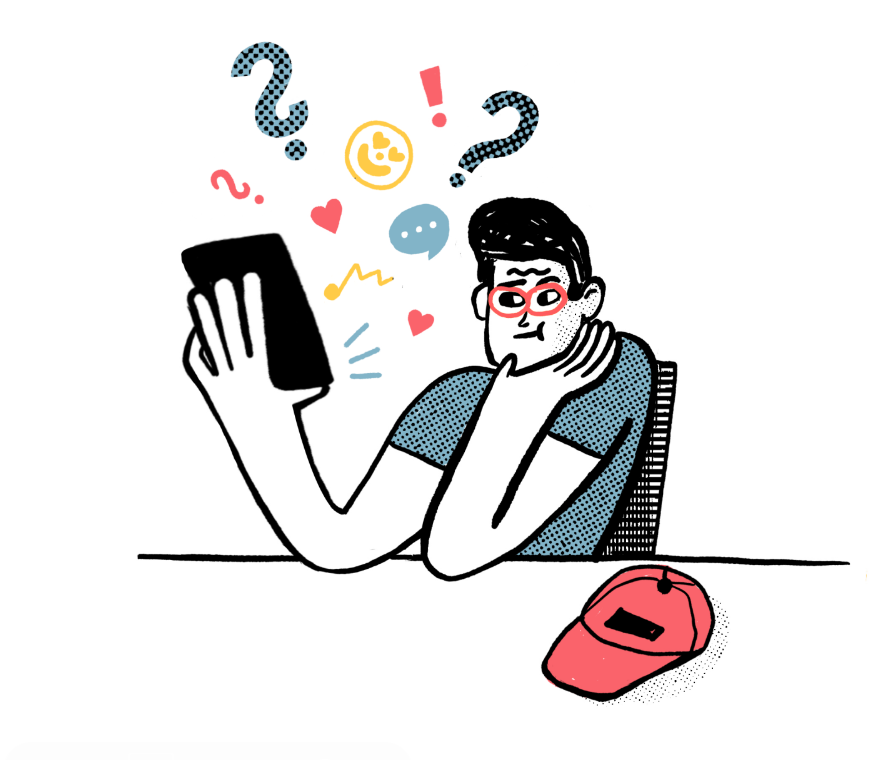
Children, their families, and adult stakeholders in the Solomon Islands, Papua New Guinea, Kiribati and Fiji are helping us to map the challenges and opportunities presented by increased access to technology in the Pacific, to inform future child protection interventions and programs.
A collaboration with UNICEF Australia to understand the views of young people in NSW on climate change and to co-develop child-centered indicators for climate justice.
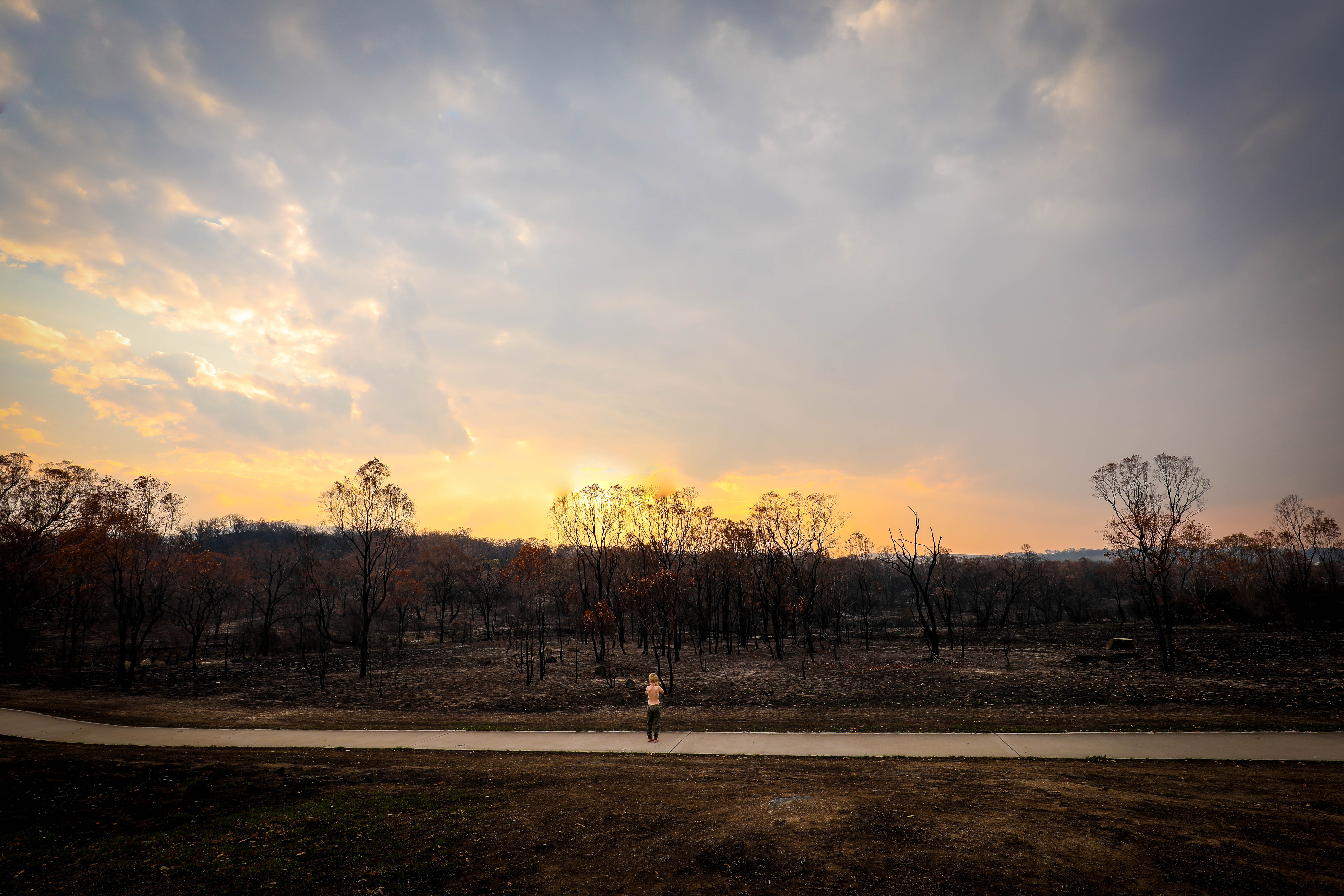
A collaboration with MICA and the SEJIWA Foundation to create a clear framework to inform culture-centred, ethical design of global digital services and products targeted to young people.
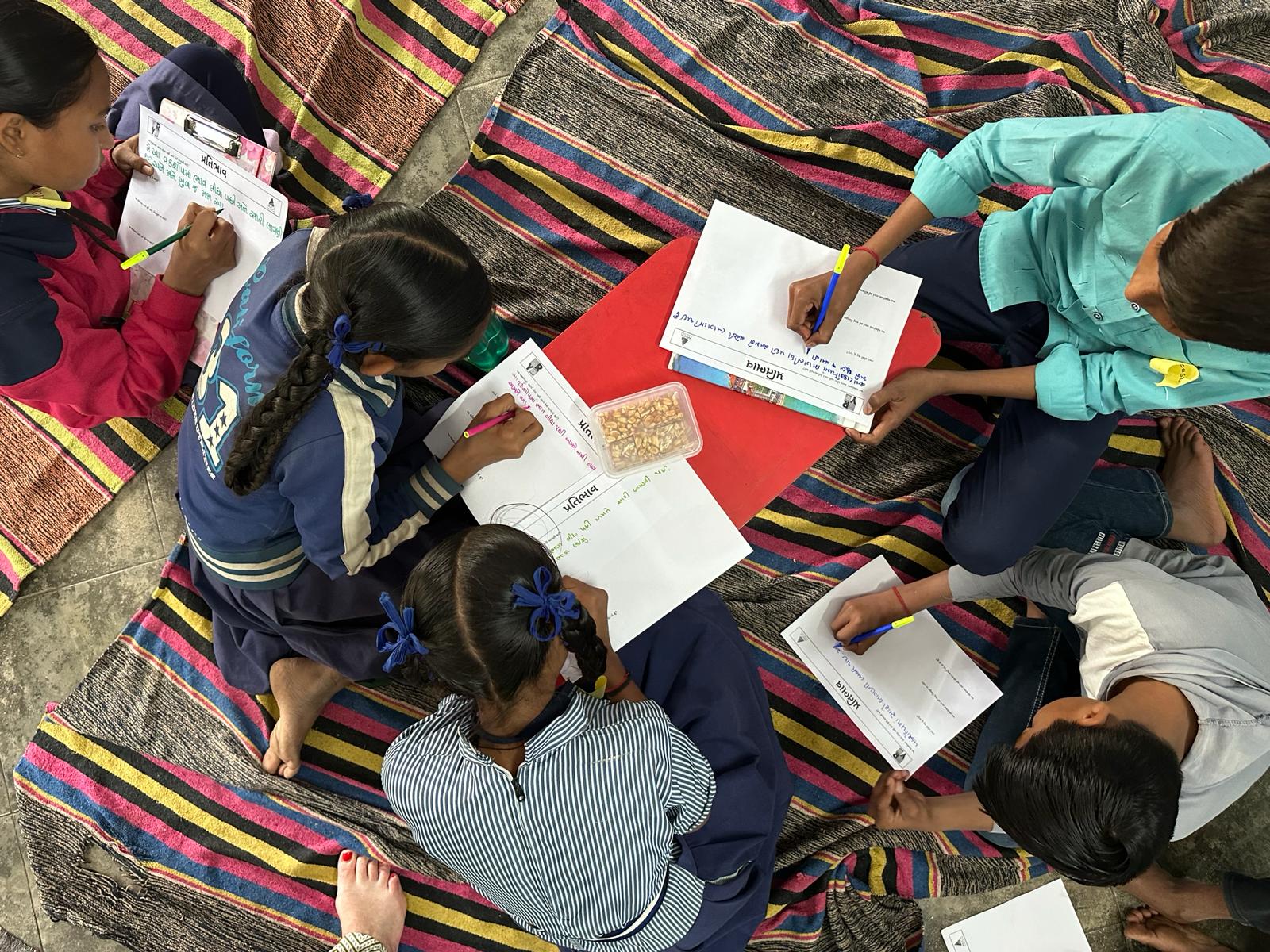
This project will explore how we can decolonise digital design to foster an inclusive, just and safe internet that empowers, values, and represents diverse children and young people.
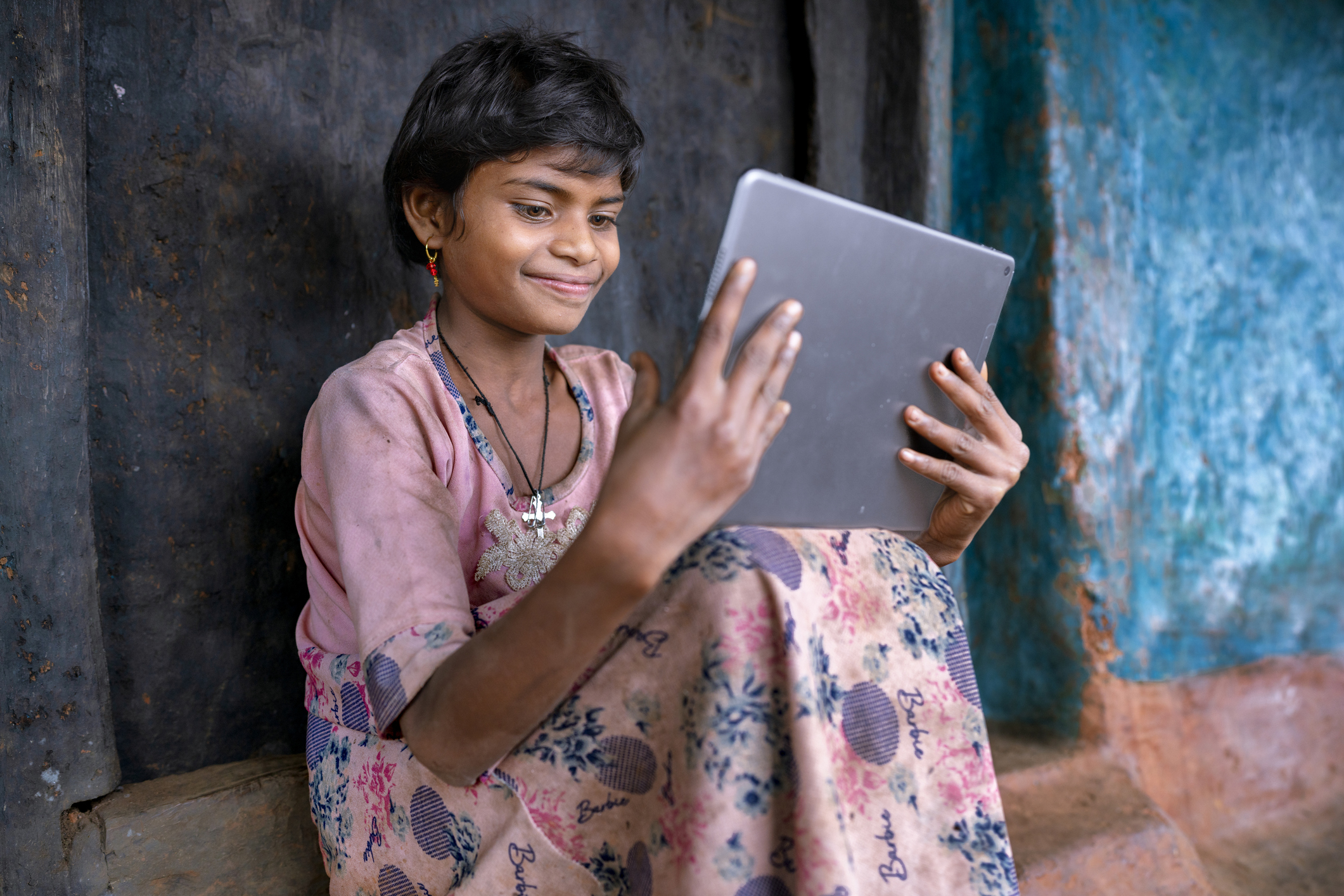
We teamed up with UNICEF EAPRO consultants and children to research cyberbullying and online grooming indicators, and develop an indicator framework to understand if interventions result in behaviour change for child online protection.
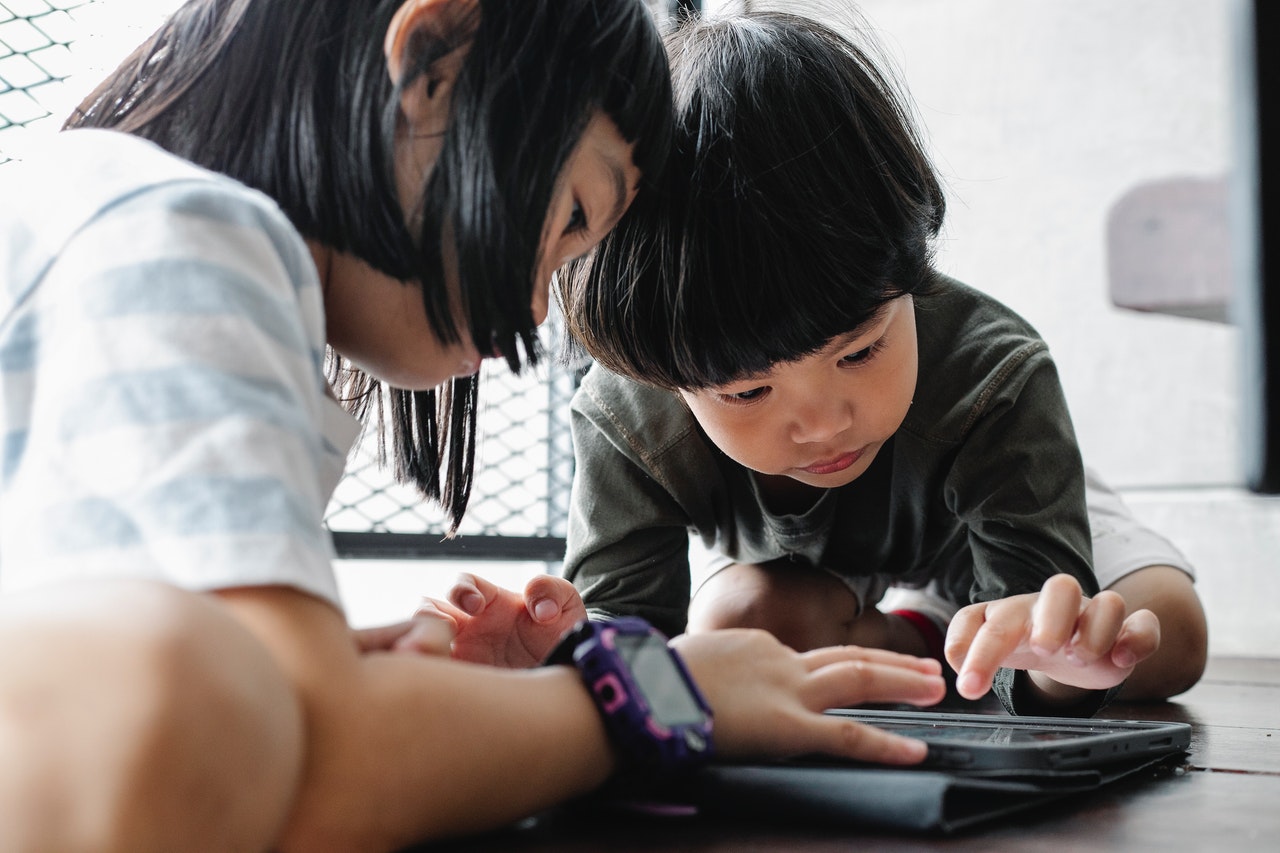
This project examines young people’s experiences of digital health interventions across Australia and the Philippines. By working closely with professional stakeholders and young people in each country, the project will co-design and co-develop targeted public health messaging, practitioner guidance and support as well as policy frameworks that enable youth health and wellbeing.
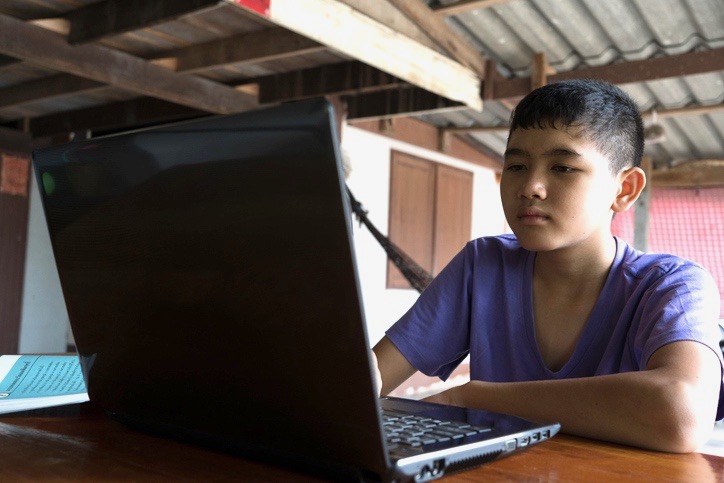
This project aims to understand how social media is integrated into everyday family life, the drivers of parental concerns surrounding young people’s social media use, identify support needs for diverse families, and explore the impact of restrictive social media policies.

This project partners with young people in NSW to investigate what accountability in health means and to develop youth-centred evidence and mechanisms to support constructive change.
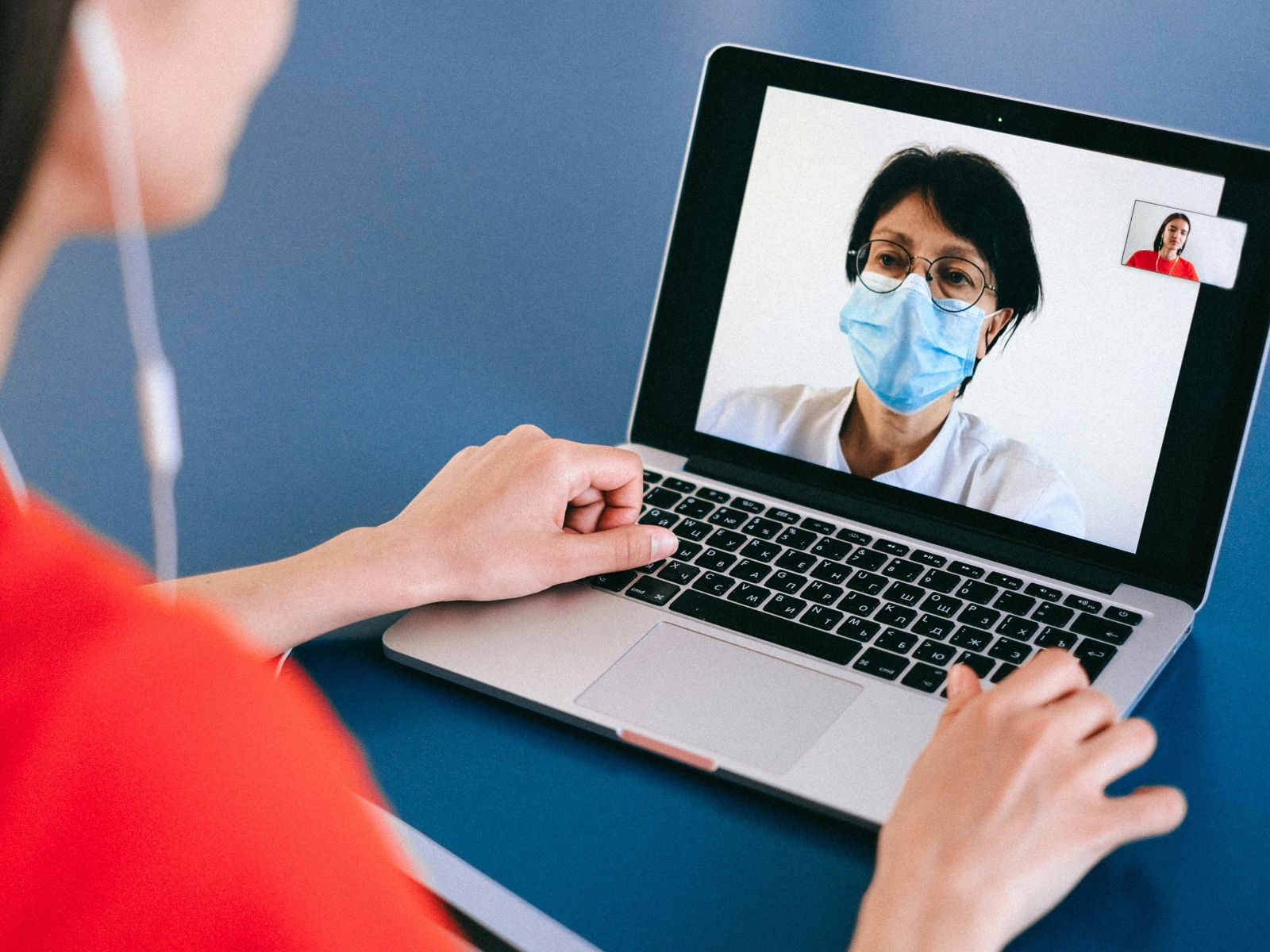
This project explores diverse experiences of hope for Australian young people, including the relationship between hope and resilience in different cohorts of participants. It extends on the results of the 2021 UNICEF Australia report (‘Children’s Voices in a Changing World’), contributing to a more extensive research base on young Australians’ hope in a post-pandemic context.

Online challenges, often shared through social media platforms, are particularly with young people. This project provides parents and decision-makers – across corporate, government and non-government sectors – with the information they need to support young people to participate in positive and safe online spaces.
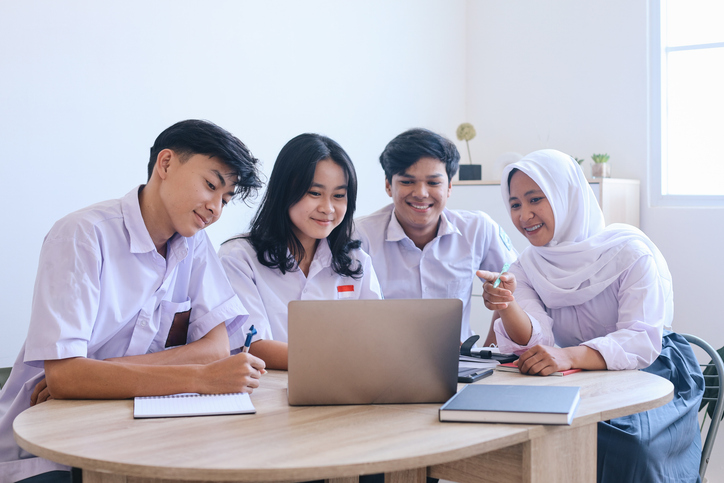
This project examines the way student leadership, organisation and participation occurs across online and offline spaces, shaping Australia’s political and democratic culture, during a time of global, social and political change.
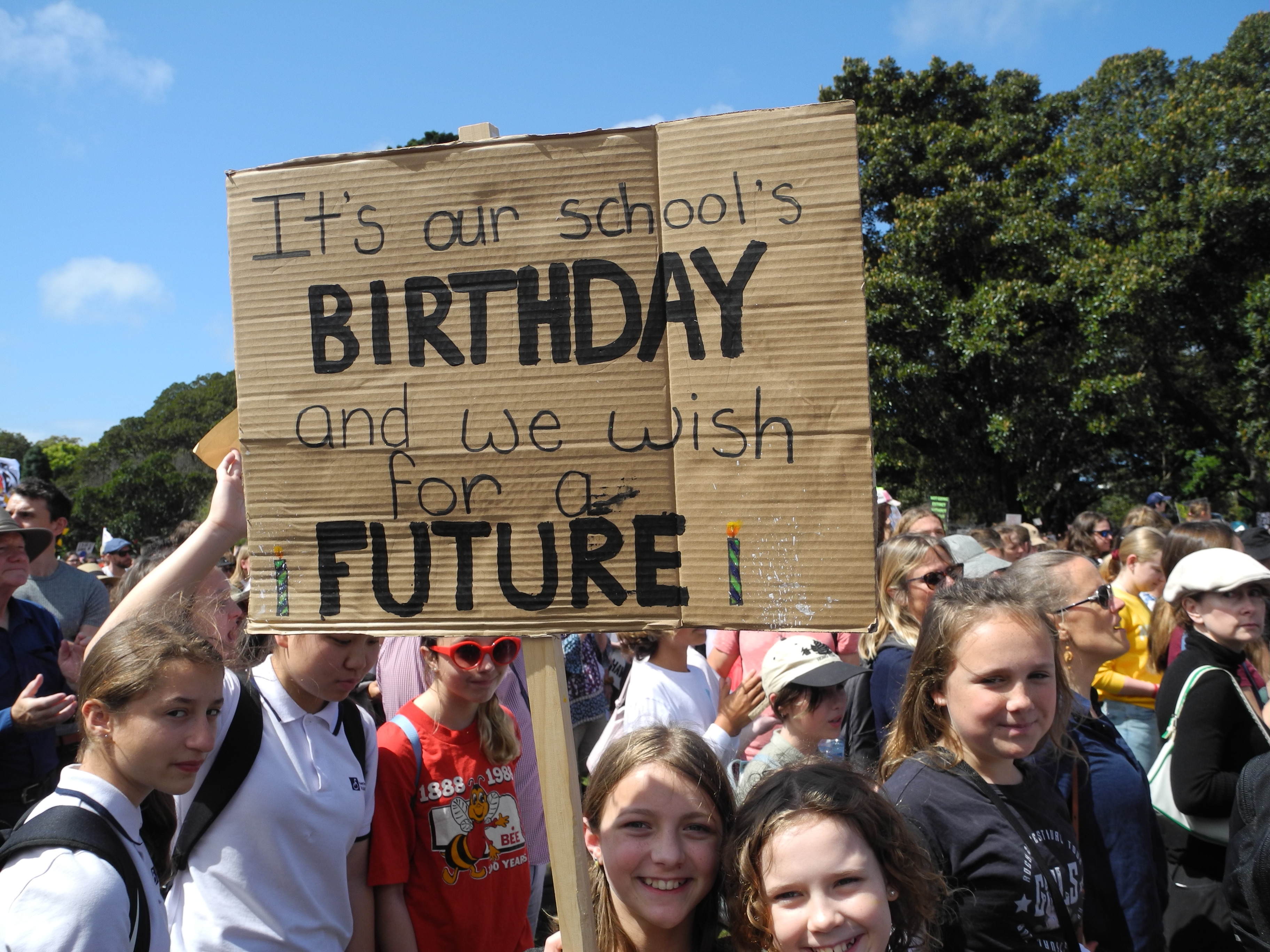
To prevent Online Child Sexual Exploitation and Abuse (OCSEA), we’re working with Safe the Children to explore children’s perceptions of online grooming, as well as their help-seeking and protective behaviours. Our research findings will be shared with technology platforms and developers of online safety training programs to improve the effectiveness of their child safety efforts.
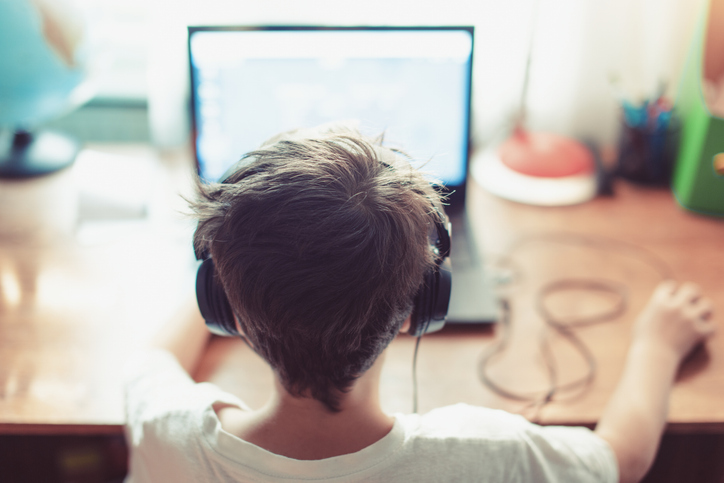
Our team has designed an appropriate and exciting approach to rigorously evaluate the batyr mental health support and prevention programs for schools and universities. The aim of this project is to provide the best quality data and insights to provide the basis for a sustainable plan for longer term evaluation.
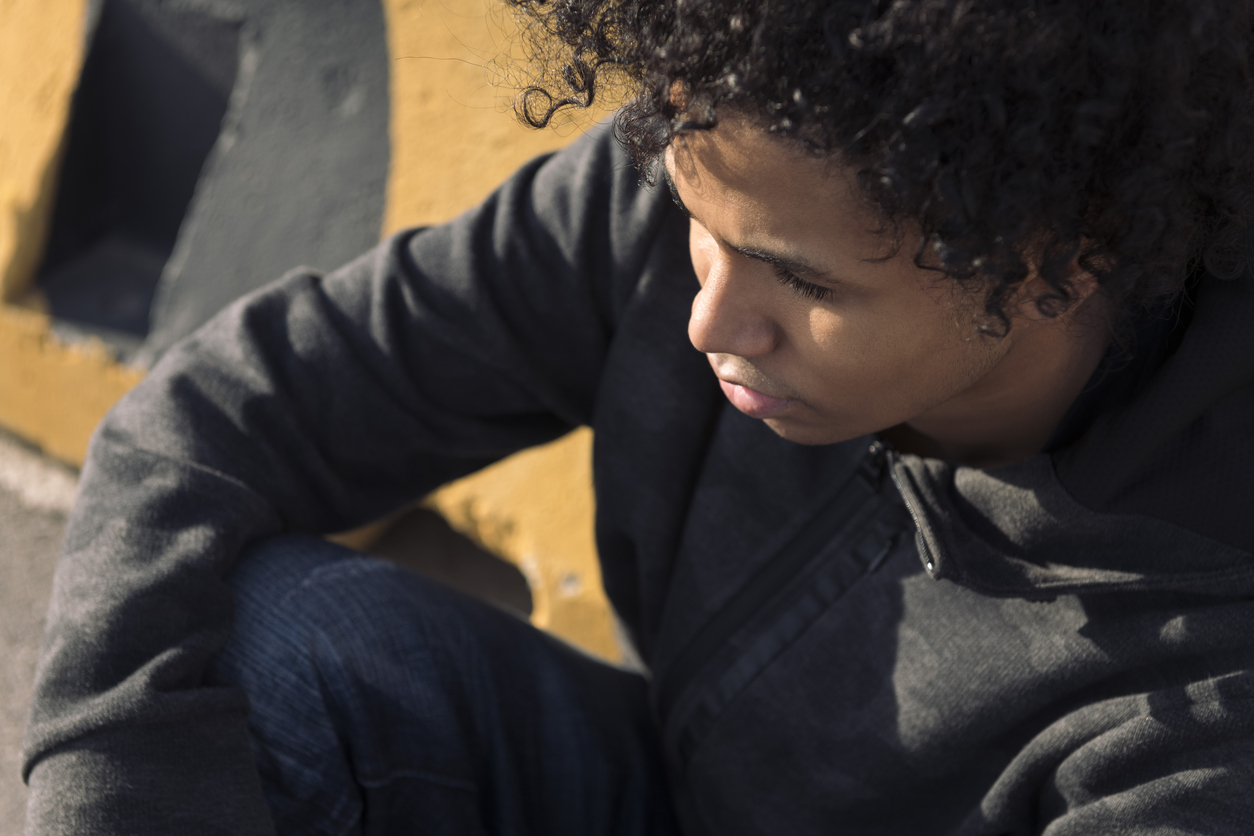
The overarching aim of this project is to collaborate with children and adolescents to co-develop child and adolescent-centred nutrition indicators for implementation in policy and public health programs across the globe. The collection of indicator data will take place via a global digital platform.
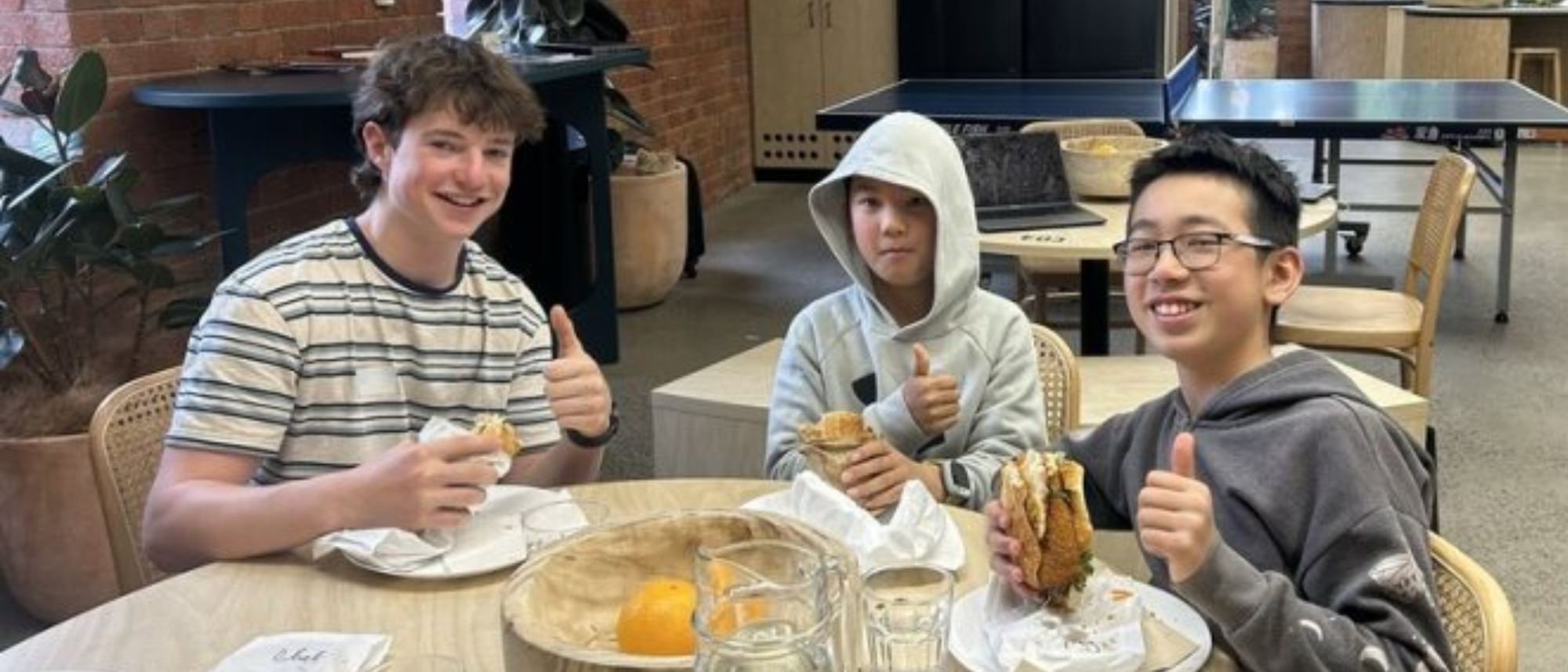
This project will build upon Telstra Foundation’s Australian Youth Digital Index survey to capture children and young people’s engagement with digital technology.
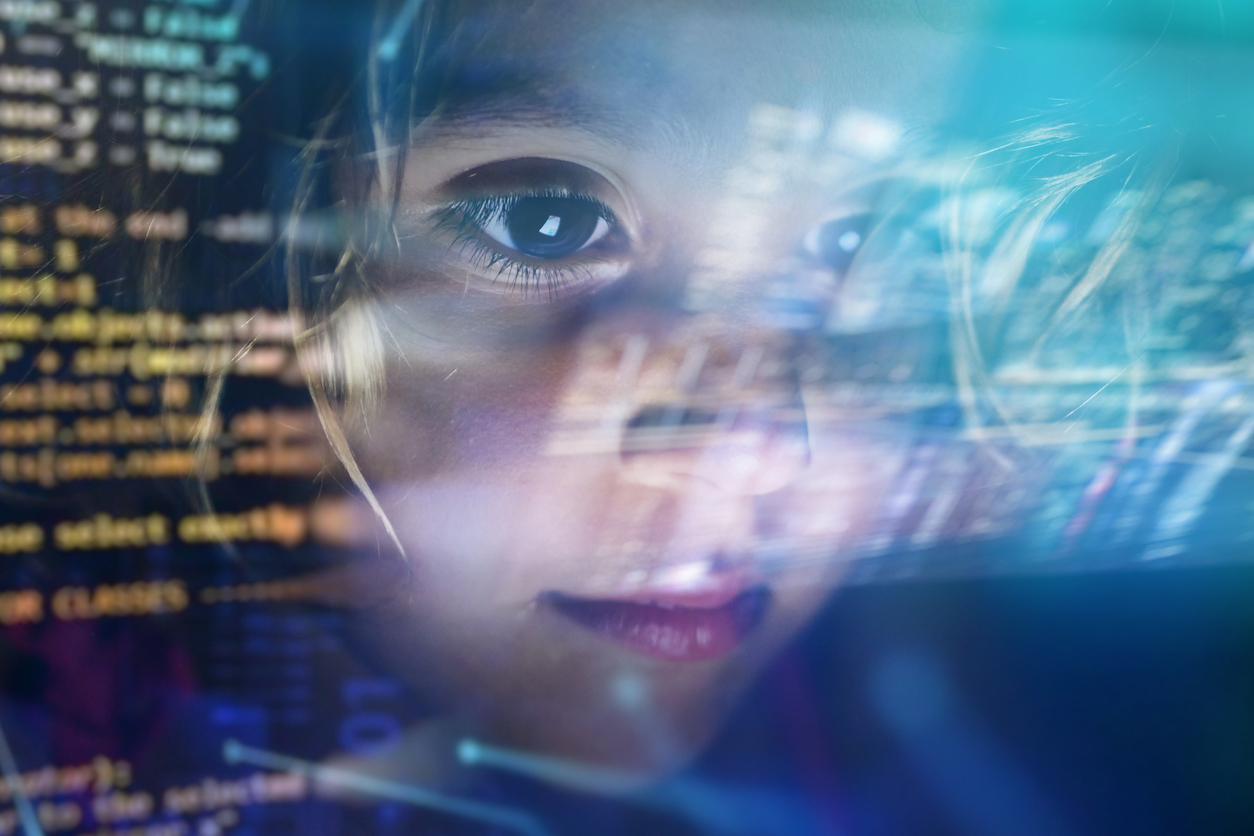
This project aims to identify and explain how young people experience learning both inside and outside school. The outcomes of this research will add to the emerging evidence addressing the connection between the way young people's skills are recognised (beyond just academic measures), their experience in school, and what they choose to do after school.
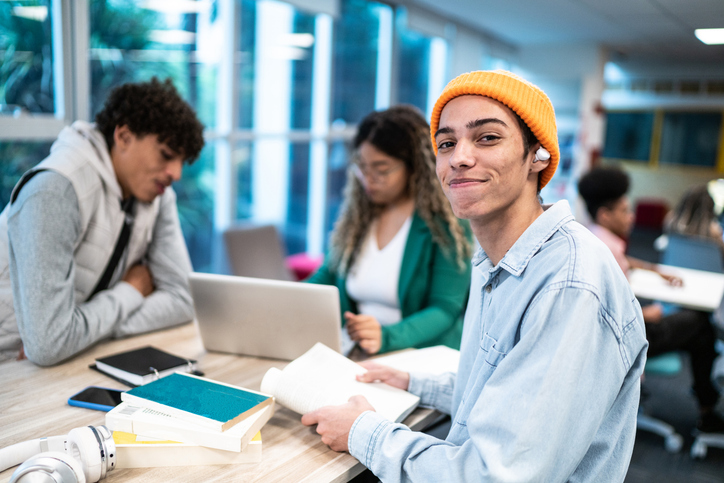
The views and needs of young people are being brought to the forefront, to support better adolescent health research. This project brings together diverse young people, families, professionals, policy-makers, service providers and other community members.
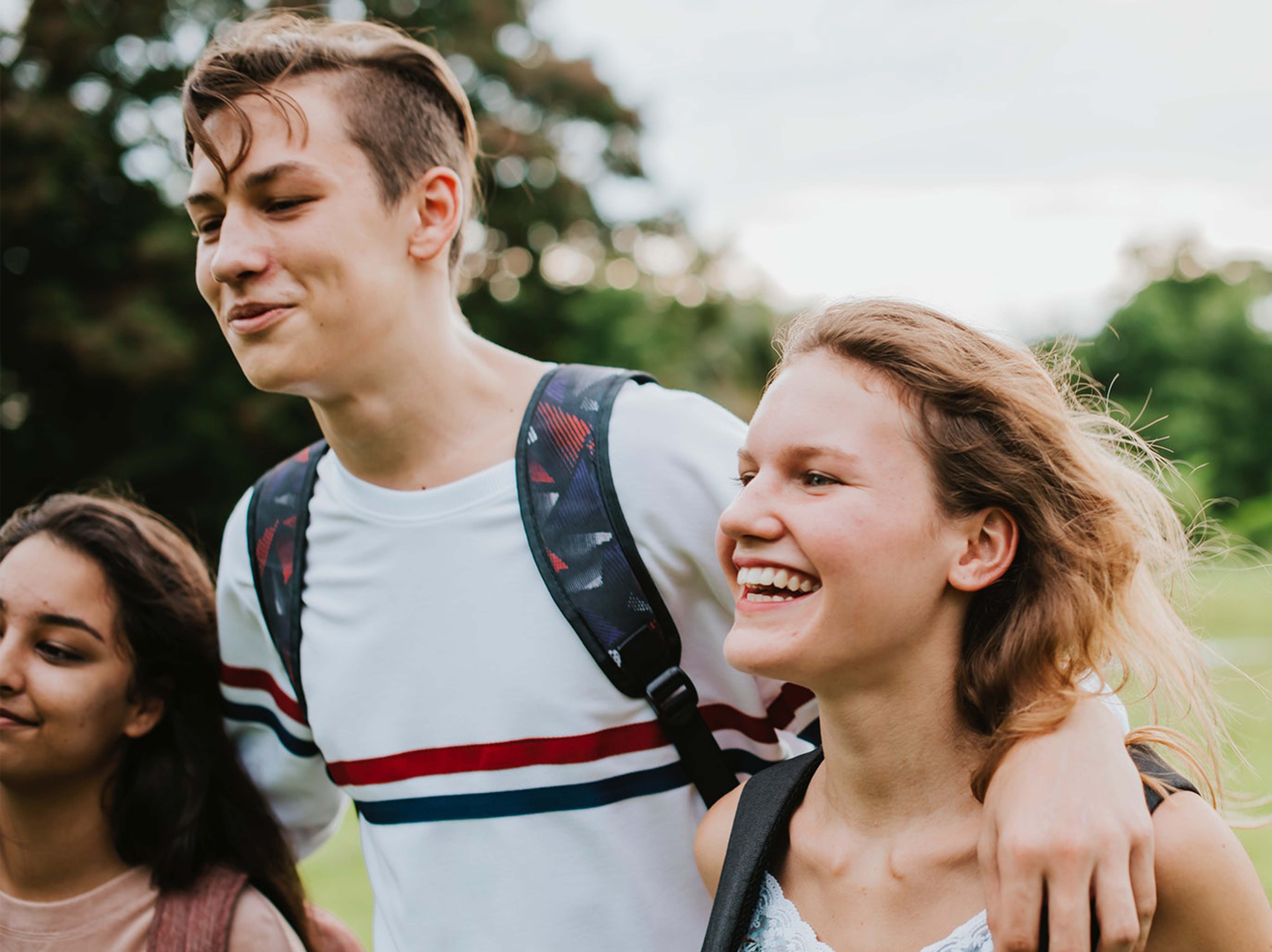
This project will work with youth leaders in five countries across the South Asia Pacific region (Bangladesh, Indonesia, Nepal, Philippines and Sri Lanka) with the aim of equipping them with the knowledge and skills needed to advocate for practical action to address hunger and malnutrition in their countries.
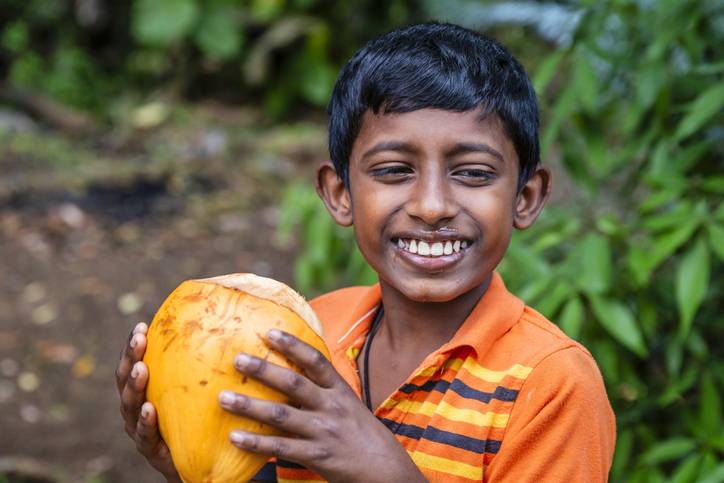
This project will generate valuable new knowledge on young people’s politics which will contribute to both democratic theory and practice. It involves quantitative and qualitative textual analysis of archived entries to the ‘What Matters?’ annual competition hosted by the Whitlam Institute within Western Sydney University.
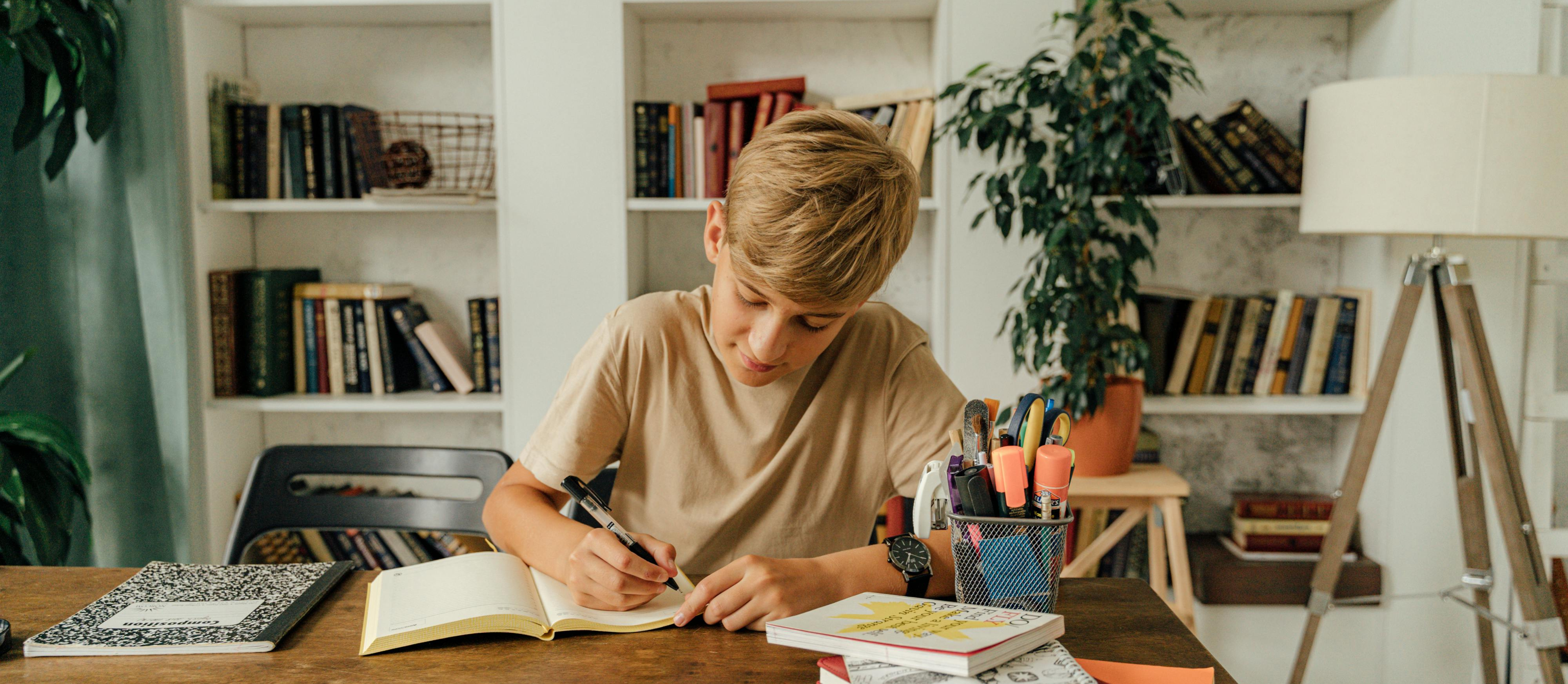
This project uses generative AI to engage children and young people in shaping the design, implementation and evaluation of generative AI technologies, to help keep them safe from digital harms, including online child sexual exploitation and abuse (OCSEA).
